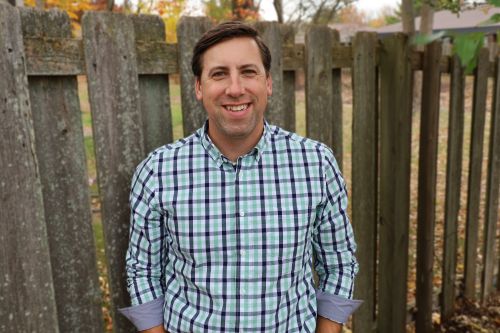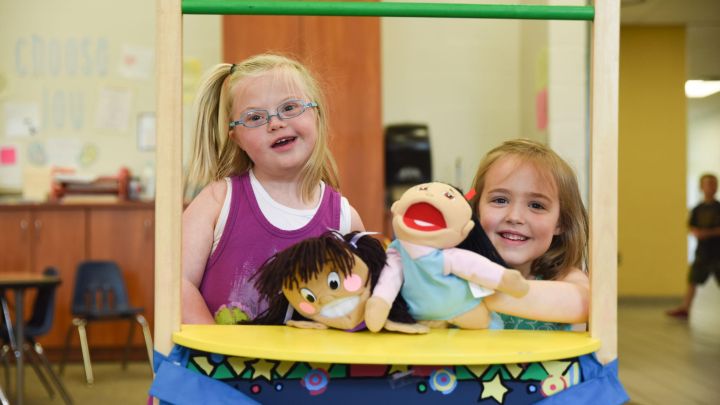"Just as a body, though one, has many parts, but all its many parts form one body, so it is with Christ."
- 1 Corinthians 12:12 NIV
We are all a part of the body of Christ. Therefore, we all play a role in serving Him in our families, communities, and in our classrooms. And because God created us this way, we all have a deep desire to feel like we belong.
Research has shown that students who feel they belong in their classrooms and school communities experience several benefits, including:
- More energy to sustain the work school requires
- A positive outlook on themselves, others, and their schoolwork
- An increase in academic achievement
- The ability to devote more of their cognitive resources to academic tasks rather than struggling to find a place to belong in their school communities
Although research can provide us with many reasons why it is important for our students to feel like they belong, perhaps the best insight comes from simply listening to our students.
I decided to ask my students what belonging means to them and how I could foster a sense of belonging in my classroom. I learned a lot from listening to their perspectives.
What does it look like to belong in a school community?
“I think that in a school community, everyone treats each other with respect. We are all different and can do different things well. It would be great if that were celebrated more. We should all have a chance to shine in school, not just the smart or athletic students.”
How does it make you feel when you know that you belong?
“When I know that I belong, I know that others will accept me for who I am and that I do not have to be perfect all the time. I can let my guard down a little bit. I feel like other people know me and care about me and what I have to say. My opinions matter to them.”
When you feel like you belong, how does that affect your schoolwork?
“When my teacher is supporting me and I know my classmates are not judging me, I can take more risks in the classroom. I have more energy in class because I am participating in class. I like group work, especially projects, because I can help with the creative design. Math can be a challenge for me, but I can use my artistic talents and graphic design to help the group. They can also help me learn how to do my math better. We help each other when we need it. It feels good to be needed and missed when I am not in class.”
What can your teachers do in the future to help build belonging in your classroom community?
“Teachers can help us build a classroom community of belonging by letting everyone have a voice in the classroom. It takes me a little while to come up with an answer, but if the teacher waits a few more seconds, more students will know the answers. I also think that working in groups, especially on projects so we can use our strengths, would help build community. I also like getting to know my classmates, so spending time getting to know everyone in our class throughout the year would be great. I also think we need some time to discuss things that are going on in our lives. We can then help each other out like a family.”
It doesn’t require much extra work to cultivate belonging in our classrooms, but it does require intentionality. As educators, this is a simple way we can positively impact our students’ identities, setting them up for both short-term and long-term success. Our students will rise to their potential when they feel like they belong in our classrooms. And, in the future, our students will be better equipped to foster belonging in their families, communities, and careers.

Tyler Harms
Teacher Consultant
Tyler is a dedicated teacher consultant supporting K-12 schools nationwide in curriculum development, interventions, behavior supports, and teacher self-care. With 12 years of experience as a special education teacher in both elementary and secondary settings, he is a passionate advocate for educators, students, and families. Tyler holds a Bachelor's Degree from Calvin College and two Master’s Degrees in Special Education and Mathematics.
